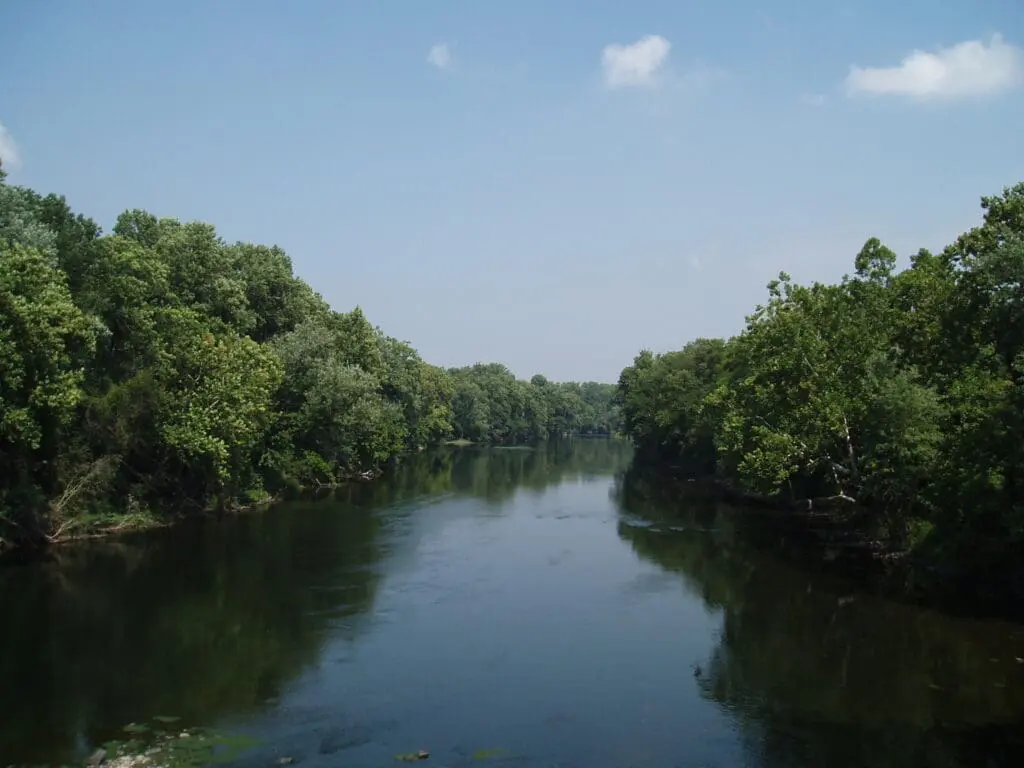Findings from Riparian Buffer Study
 Senior Planner, Susan Myerov, co-presented with Drew Shaw of Montgomery County Planning Commission at the 2013 Delaware Estuary Science & Environmental Summit at the end of January in Cape May, New Jersey. The summit explores the theme, “Weathering Change: Shifting Environments, Shifting Policies, Shifting Needs,” and features over 115 presentations on the latest science, education, and policy topics. It’s an opportunity for scientists, educators, and others to gather for stimulating presentations on issues that matter to the Delaware River and Bay. Susan represented Heritage Conservancy on Tuesday, January 29th with a presentation about our Riparian Buffer Assessment of Southeast Pennsylvania Streams.
Senior Planner, Susan Myerov, co-presented with Drew Shaw of Montgomery County Planning Commission at the 2013 Delaware Estuary Science & Environmental Summit at the end of January in Cape May, New Jersey. The summit explores the theme, “Weathering Change: Shifting Environments, Shifting Policies, Shifting Needs,” and features over 115 presentations on the latest science, education, and policy topics. It’s an opportunity for scientists, educators, and others to gather for stimulating presentations on issues that matter to the Delaware River and Bay. Susan represented Heritage Conservancy on Tuesday, January 29th with a presentation about our Riparian Buffer Assessment of Southeast Pennsylvania Streams.
Riparian buffers are areas of trees and shrubs along the banks of rivers and streams that filter polluted runoff, increase wildlife habitat, and cool the water in creeks while providing a vital transition zone between water and human land use. As development occurs, natural woodlands along streams are often destroyed, leaving stream banks without adequate riparian protection. Identifying and restoring these areas can lead to improved water quality, stream bank stability and wildlife habitat.
In 2000, we developed a program to identify and map forested riparian buffers in Southeastern Pennsylvania, completing the first analysis in 2002. The results of the project indicated that 30% of the region’s riparian corridors lacked certain types of forested vegetation, which is critical to stream health and watershed function.
For more information about this assessment, contact Susan Myerov at (215) 345-7020 X 101.



